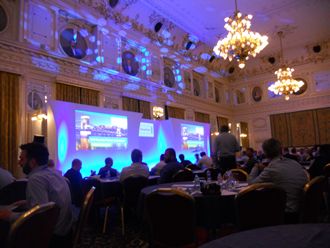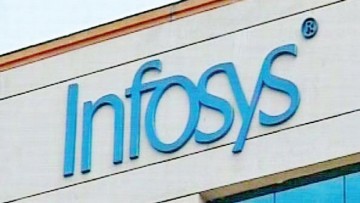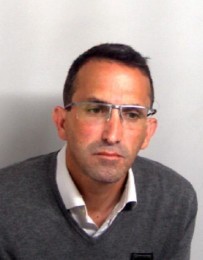 More than half of UK organisations do not believe they have the in-house talent required to combat existing cyber-security threats, according to new research.
More than half of UK organisations do not believe they have the in-house talent required to combat existing cyber-security threats, according to new research.
Beancounters from Databarracks have added up some numbers and divided by their shoe size and reached the conclusion that two thirds of the 350 IT decision makers questioned had been affected by a cyber-threat in the past year. But 53 per cent of those questioned felt that they had the sufficient cyber-security skills in their team needed to handle the current sophistication of attacks.
According to Databarrack’s 2016 Data Health Check cyber attacks were increasing and only a third of the respondents in our study remained unscathed by an attack in the last 12 months.
Oscar Arean, technical operations manager at Databarracks said: “Reassuringly though, the number of people looking to improve their security policies is increasing year on year, with a third of respondents in 2016 admitting they had reviewed policies and made changes following an attack, as opposed to 29 per cent in 2014.”
According to the report, over half of respondents have invested in safeguards to protect against cyber threats in the past year. Ongoing training, cyber threat monitoring solutions, and improvement of policies were the most common investments.
“This is a definite step in the right direction, but it seems that current resilience planning is mostly inward-looking at this point, as only 5 per cent of respondents had invested in a certification to a cyber security framework. Considering confidence in in-house skills is so low, it’s likely we’ll see an increase in adoption of security frameworks in the coming years,” Arean said.



















